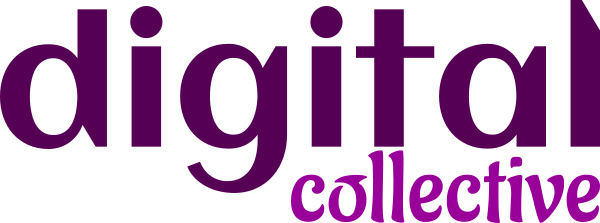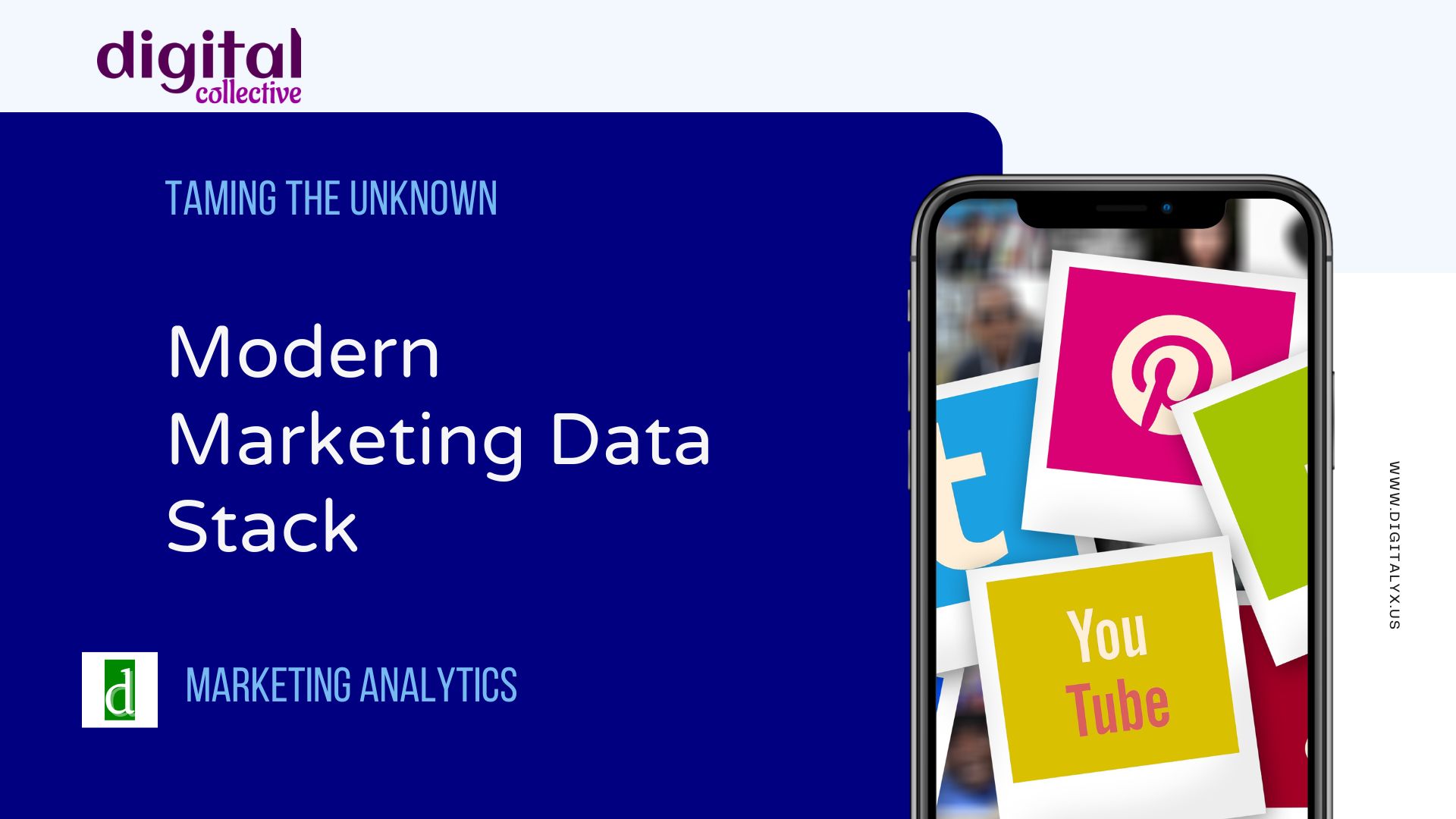The rapid evolution of digital marketing and the proliferation of data have revolutionized the way businesses approach marketing strategies. To effectively navigate this landscape and make informed decisions, marketers are increasingly relying on modern marketing data stacks. A modern marketing data stack refers to a collection of integrated tools, technologies, and processes designed to capture, analyze, and utilize marketing data for actionable insights. In this explainer, we will delve into the components, benefits, and key considerations associated with building and leveraging a modern marketing data stack.
Components of a Modern Marketing Data Stack
Data Collection and Storage
- Customer Relationship Management (CRM) systems
- Data management platforms (DMPs)
- Data warehouses or data lakes
- Customer data platforms (CDPs)
- Web analytics tools
Data Integration and Transformation
- Extract, Transform, Load (ETL) tools
- Data integration platforms
- API integrations
- Data pipelines
Data Analysis and Visualization
- Business intelligence tools
- Data visualization platforms
- Data exploration and reporting tools
Marketing Automation and Personalization
- Marketing automation platforms (MAPs)
- Email marketing tools
- Customer journey mapping tools
- Personalization engines
Advanced Analytics and Machine Learning
- Predictive analytics tools
- Machine learning frameworks
- Artificial intelligence platforms
- Data science tools and libraries
Benefits of a Modern Marketing Data Stack
Holistic Customer View
By integrating data from various sources, marketers can gain a comprehensive view of customer behavior, preferences, and interactions across channels and touchpoints.
Data-Driven Decision Making
Access to real-time and accurate data enables marketers to make informed decisions, optimize campaigns, and allocate resources effectively based on data-driven insights.
Improved Personalization
A modern marketing data stack facilitates the creation of personalized and relevant experiences by leveraging customer data to deliver targeted messaging and recommendations.
Enhanced Campaign Performance
Marketers can measure and analyze the impact of their marketing campaigns, identify key performance indicators (KPIs), and optimize strategies for better campaign outcomes.
Agility and Scalability
Modern marketing data stacks are designed to accommodate the growing volume, variety, and velocity of data. They enable marketers to scale their operations, adapt to changing market dynamics, and stay ahead of the competition.
Considerations for Building a Modern Marketing Data Stack
- Data Quality and Governance: Ensuring data accuracy, integrity, and compliance with privacy regulations is crucial. Implementing data governance policies and data cleansing processes are essential steps.
- Integration and Interoperability: The ability of different tools and platforms to seamlessly integrate and share data is critical for building an efficient and cohesive marketing data stack.
- Scalability and Future-Proofing: Consider the scalability of the stack to handle increasing data volumes and the flexibility to accommodate emerging technologies and data sources.
- Skill Sets and Resources: Building and managing a modern marketing data stack requires skilled personnel, including data engineers, analysts, and data scientists. Adequate resources and training should be allocated accordingly.
- Security and Privacy: Protecting customer data from unauthorized access and ensuring compliance with data privacy regulations are of paramount importance. Implement robust security measures and follow best practices for data protection.
In the era of data-driven marketing, a modern marketing data stack empowers marketers with actionable insights, enabling them to make informed decisions, optimize campaigns, and deliver personalized experiences. By integrating various tools, technologies, and processes, marketers can harness the power of data to drive business growth, enhance customer engagement, and stay ahead in today's competitive landscape.




